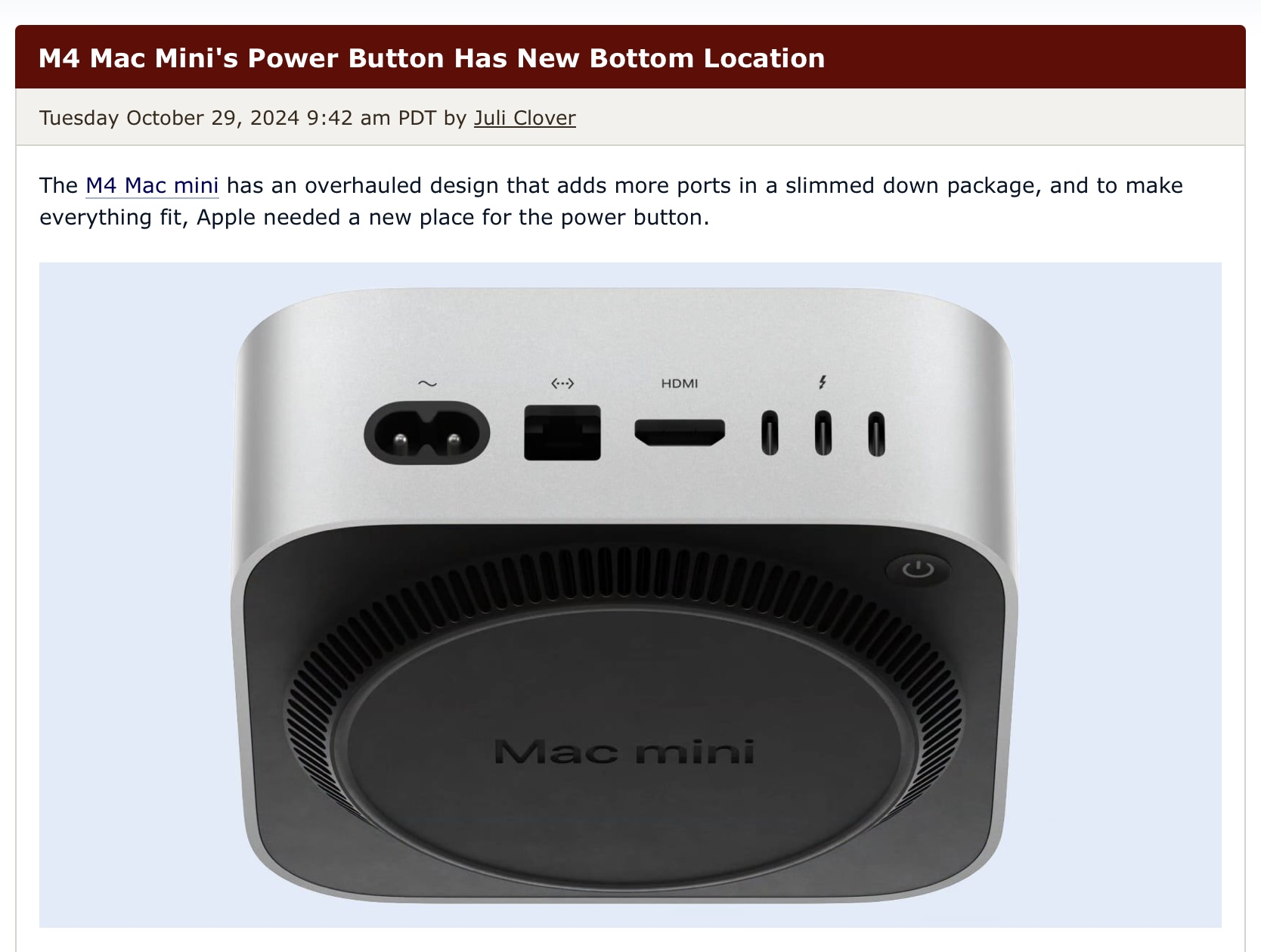this post was submitted on 30 Oct 2024
546 points (92.8% liked)
Technology
59572 readers
3235 users here now
This is a most excellent place for technology news and articles.
Our Rules
- Follow the lemmy.world rules.
- Only tech related content.
- Be excellent to each another!
- Mod approved content bots can post up to 10 articles per day.
- Threads asking for personal tech support may be deleted.
- Politics threads may be removed.
- No memes allowed as posts, OK to post as comments.
- Only approved bots from the list below, to ask if your bot can be added please contact us.
- Check for duplicates before posting, duplicates may be removed
Approved Bots
founded 1 year ago
MODERATORS
you are viewing a single comment's thread
view the rest of the comments
view the rest of the comments

This is short-sighted. The amount of extra power the computer draws at a high power state while performing boot-up tasks makes the sleep power draw a better option. Not to mention the sleep power draw happens at off-peak hours where the grid can provide more green power vs. the dirty mid-morning peak power. The break-even point that I’ve calculated across the machines I’ve plugged into my meter is approximately 3-4 days. With a big ol’ “it depends” sticker slapped on top.
Edit: and my lazy methodology doesn’t even account for the extra energy used by the machine throughout the day when it has to cold-start various programs and tasks without any caches.
Double-edit: if you want to go the extra mile you can use the “hibernate” feature of windows after force-enabling it or the “pmset sleepmode {whateverthefuckitis} “ of macOS to split the difference. Or you can take a shower that’s literally 10 seconds shorter because heating shower water for literally only 10 seconds will use more power than any of these things. I strongly implore you to calculate your trip to the grocery store in kilowatt/hrs as well. Optimize where it matters!